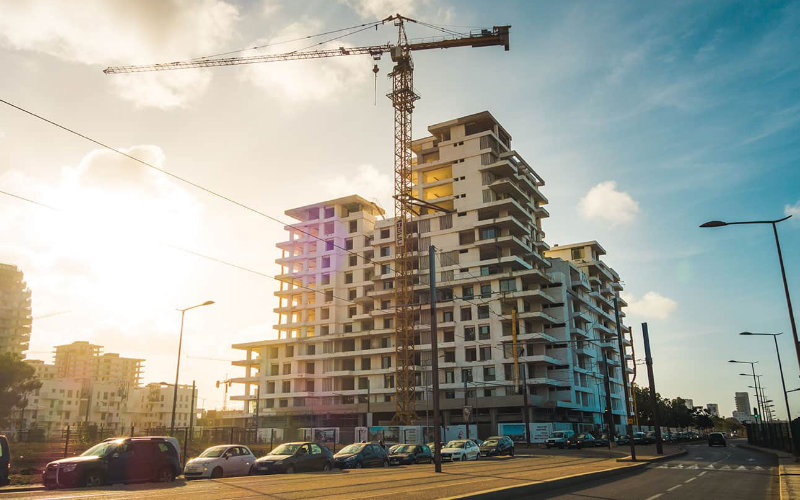Morocco’s Real Estate Crisis: 30% Plunge in Sales as Middle Class Priced Out of Cities

The Moroccan real estate market is going through a critical period marked by a 30% drop in transactions and a significant gap between supply and demand.
"The slowdown in the Moroccan real estate market is explained by a deep mismatch between supply and demand, exacerbated by several factors," analyzes real estate expert Karim Librahimi for Challenge. The sector has recorded a 30% drop in transactions in the first few months of the year, reflecting the depth of the crisis fueled by financial, administrative and regulatory tensions. The director of the Le Point de vente agency in Rabat explains that "high interest rates and strict lending conditions exclude many households" and that "developers, deprived of pre-sales, have to borrow at exorbitant costs, which increases prices." This situation leads to the inaccessibility of real estate for middle-income households, whose purchasing power is already weakened by inflation. "Construction materials and daily expenses are eroding purchasing power, making home ownership almost impossible for the middle class," he says.
As a result, "buyers are hoping for a drop in prices, while developers are postponing their projects due to lack of visibility," notes Karim Librahimi, also raising the issue of land availability for construction. "Buildable land is scarce in city centers, and floor limitations (local urban plans) reduce the profitability of projects," he observes. Faced with this situation, buyers are abandoning city centers for the outskirts. "City centers are becoming inaccessible, pushing demand towards distant suburbs like Témara or Berrechid." The expert also mentions administrative inefficiency and legal uncertainty as obstacles to the development of the sector. "The time to obtain a building permit or a notarial registration is lengthening, blocking entire projects," he laments, adding that "the absence of clear rules on VEFA (Future Completion Sales), tourist residences or local taxes creates an atmosphere of uncertainty," for both local players and foreign investors.
The crisis is affecting all stakeholders. "The drop in transactions reduces the income of real estate agencies, and competition becomes fierce on a frozen real estate stock," notes the real estate expert. Notaries, for their part, see the number of authentic deeds fall, while citizens are forced, faced with rising prices and rents, to turn to the informal sector or the outskirts. As for foreign investors, they "hesitate to commit to a market considered too unstable." Local buyers, for their part, "fear delays in delivery or changes in regulations during the project." To relaunch and revitalize the sector, Karim Librahimi calls for the implementation of a digital one-stop shop. The expert recommends "a secure VEFA standard contract, with penalties in case of delay and a guarantee of funds" and to strengthen transparency and access to housing for first-time buyers. "The Moroccan real estate market needs a new pact between all stakeholders. Only a comprehensive and courageous approach will allow the sector to be relaunched in a sustainable way," he concluded.
Related Articles
-

Morocco’s Airport Revolution: $4.4 Billion Boost for Marrakech and Agadir Hubs
27 August 2025
-

EU Unveils Ambitious Mediterranean Pact to Boost Trade and Counter Global Rivals
27 August 2025
-

Cocaine Cash Fuels Casablanca Real Estate Boom: Authorities Probe Suspicious Developers
27 August 2025
-

EasyJet Unveils Moroccan Palace Illusion in Lyon, Boosting Tourism to 5 Exotic Cities
27 August 2025
-

Morocco’s Traditional Clothing Rental Crisis: Cultural Heritage at Risk as Customers Neglect Cherished Attire
27 August 2025